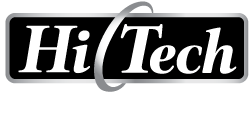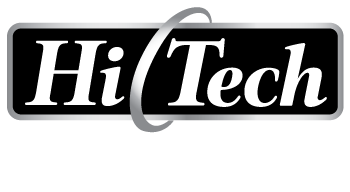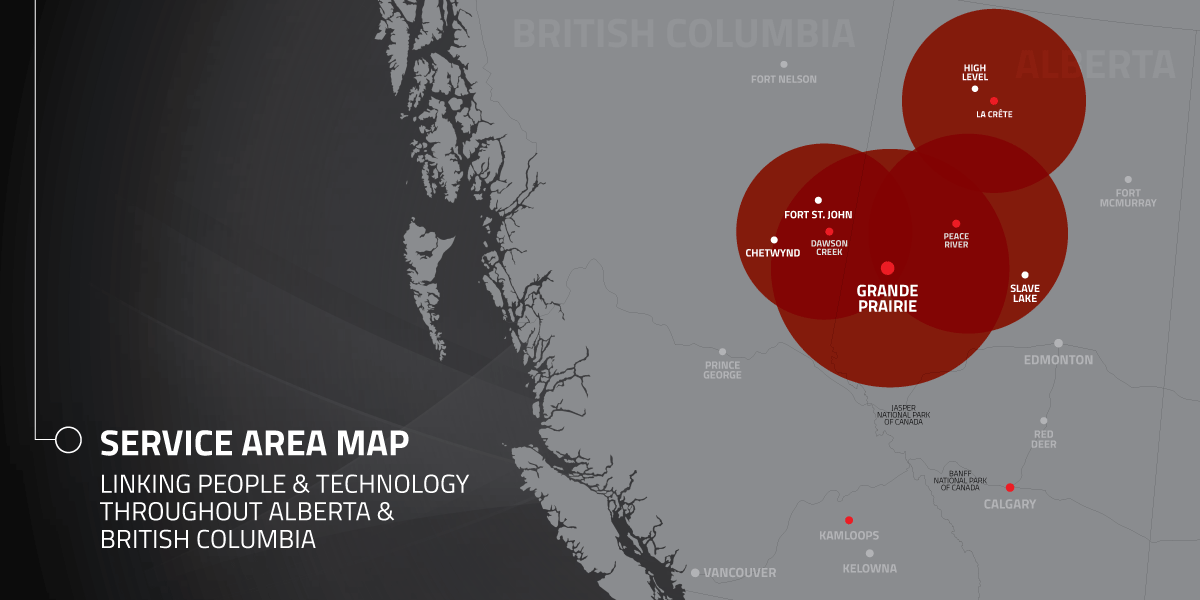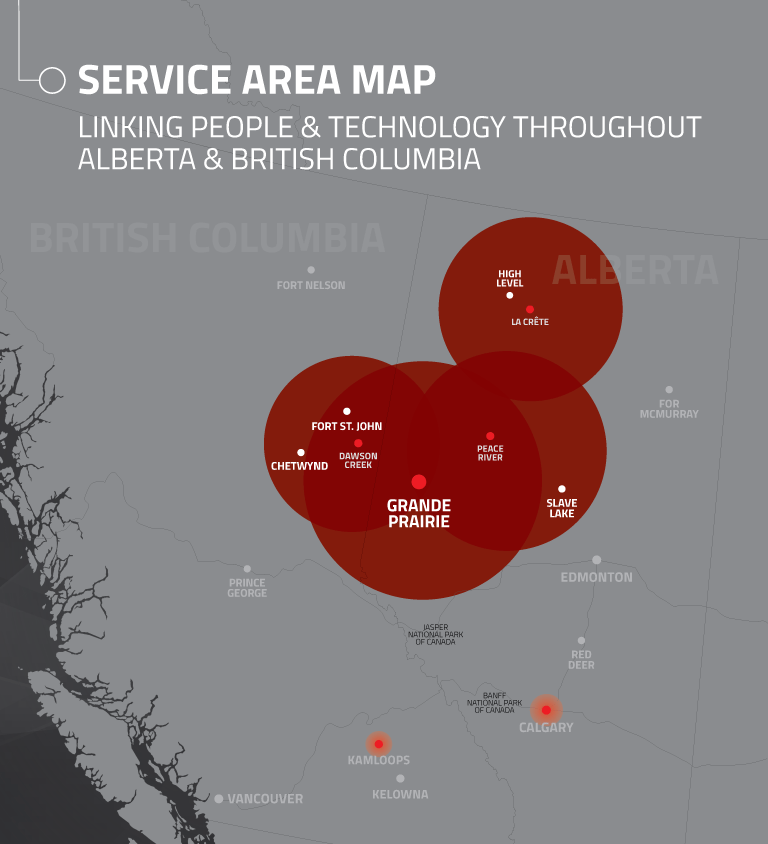Signs You Need a POS System for Your Retail Business
Running a retail business involves juggling a multitude of tasks, from managing inventory to handling transactions. If you find yourself overwhelmed by the outdated systems in use, it might be time to consider investing in a Point of Sale (POS) system.
- Investing in a Point of Sale (POS) system can streamline your retail operations, improve efficiency, and enhance customer satisfaction.
- Recognizing signs like struggling with manual transactions, poor inventory management, and lack of integration indicates a need for a POS system.
- Choosing the right provider involves assessing needs, researching providers, and ensuring compatibility and scalability for business growth.
Understanding POS Systems
POS systems are integrated solutions that combine hardware and software to facilitate sales transactions in retail environments. They typically integrate components like a cash register, barcode scanner, receipt printer, and payment process terminal. The software tracks sales data, manages customer information, and provides valuable analytics.
Beyond mere transaction processing, POS systems support inventory management, employee scheduling, and sales reporting. They can also integrate with other business tools, enhancing overall operational efficiency. Understanding their capabilities and benefits is essential for any retailer looking to modernize their operations and improve business performance.
When Does Your Retail Business Need a POS System?
Here are some signs that you need a POS system for your retail business:
Struggling with Manual Transactions
If you’re still relying on a cash register or handwritten receipts, you’re likely experiencing inefficiencies. Manual transactions can lead to human errors, slow down the checkout process, and complicate your record-keeping. A POS system automates these tasks, reducing mistakes and speeding up transactions. Additionally, you can handle sales, returns, and exchanges more smoothly, guaranteeing a better experience for both you and your customers.
Poor Inventory Management
Keeping track of inventory manually can be tedious and prone to errors. If you’re constantly running out of stock or overstocking items, a POS system can help. Modern systems have integrated inventory management features that automatically update your stock levels in real-time. This means you’ll have accurate information at your fingertips, making reordering products and managing your inventory easier.
Missing Out on Sales Opportunities
Are you losing track of promotions or discounts? Or perhaps struggling to offer personalized customer service? A POS system can help you maximize sales opportunities by tracking customer purchase history and preferences. This data allows you to tailor promotions and offers, potentially increasing your sales and customer satisfaction. With detailed reports and analytics, you can also identify trends and make informed decisions to drive your business forward.
Lack of Proper Reporting and Analytics
Understanding your business performance is important for growth. If you’re relying on spreadsheets or manual calculations for sales reports, you might be missing out on valuable insights. A POS system provides comprehensive reporting and analytics tools that give you a clear picture of your sales, expenses, and overall performance. This data helps you track your progress, identify areas for improvement, and make strategic decisions based on real-time information.
Poor Customer Service
Exceptional customer service can set you apart from the competition in today’s retail market. If you’re struggling to provide quick and accurate service, it’s a sign that your current system may be holding you back. A POS system speeds up the checkout process, manages customer data efficiently, and integrates with loyalty programs. This enables you to provide a seamless and personalized shopping experience, increasing customer satisfaction and encouraging repeat business.
Business Growth
As your retail business expands, so do the complexities of managing it. A POS system becomes increasingly important if you add new locations or expand your product range. It provides a centralized platform to manage multiple locations, track sales across different stores, and maintain consistency in your operations. With a POS system, you can quickly scale your business and maintain control over various aspects of your operations.
Frequent Downtime or System Failures
Reliability is central to any retail operation. If your current setup experiences frequent system failures or downtime, it can disrupt your business and frustrate your customers. A modern POS system is designed to be solid and reliable, minimizing downtime and ensuring smooth operation. Investing in a high-quality POS system can help you avoid costly disruptions and keep your business running smoothly.
Unable to Integrate with Other Tools
Efficiency often requires integration with other tools. If you’re finding it challenging to connect your current system with other tools like accounting software, e-commerce platforms, or marketing systems, it’s time to consider a POS system. Many of them offer seamless integration with various business tools, allowing you to streamline your operations and reduce manual data entry.
Taking Time on Administrative Tasks
Administrative tasks can take up valuable time that could be spent serving customers or growing your business. If your employees are bogged down with data entry, inventory checks, or other repetitive tasks, a POS system can help. Automating these processes can free up your staff to focus on more productive activities, improving overall workflow and employee satisfaction.
Better Financial Management
If you’re finding it challenging to keep track of sales, expenses, and profits accurately, a POS system can be a game-changer. It provides detailed financial reports and real-time insights into your business’s financial health. With features like automated sales tracking, expense management, and integrated accounting, it also helps you stay on top of your finances, reduce errors, and make informed decisions. Improved financial visibility ensures you can identify cost-saving opportunities and optimize your budget, leading to better economic stability and growth.
How to Choose the Right Service Provider for Your POS System?
Selecting the right POS service provider is important for guaranteeing a seamless transition and integration with your existing system.
- Assess Your Business Needs: Start by identifying what your business requires from a POS system, considering factors like size, transaction volume, and specific features.
- Research the Providers: Look for reputable providers with positive feedback and a history of delivering secure POS solutions.
- Evaluate Customer Support: Ensure they offer 24/7 support and provide comprehensive training and resources for your team.
- Check Compatibility: The POS system should seamlessly integrate with your existing hardware and software to avoid operational disruptions.
- Compare Costs: Understand the pricing structure, including any upfront, subscription, and maintenance costs, to make sure it fits within your budget.
- Consider Scalability: Select a provider that can grow with your business, offering scalable solutions that adapt to your evolving needs.
Are you ready to upgrade your retail operations with a reliable POS system? Hi-Tech Business Systems offers top-notch solutions to meet your needs. Contact us to learn more.





